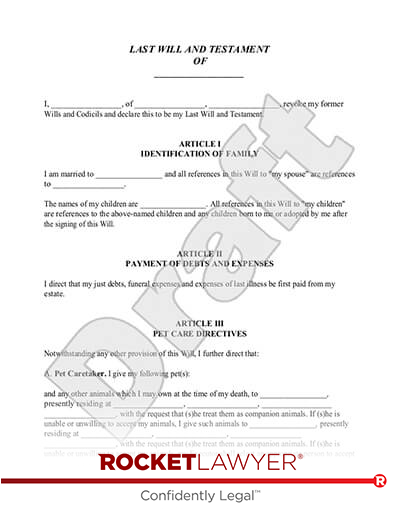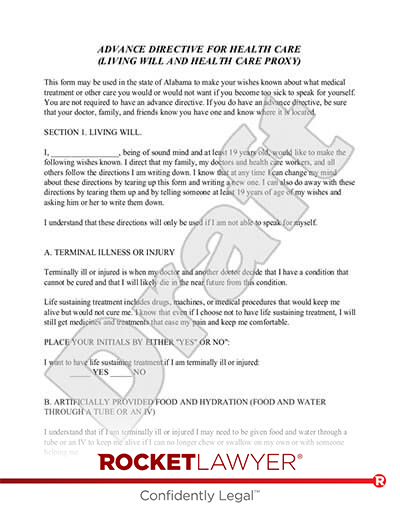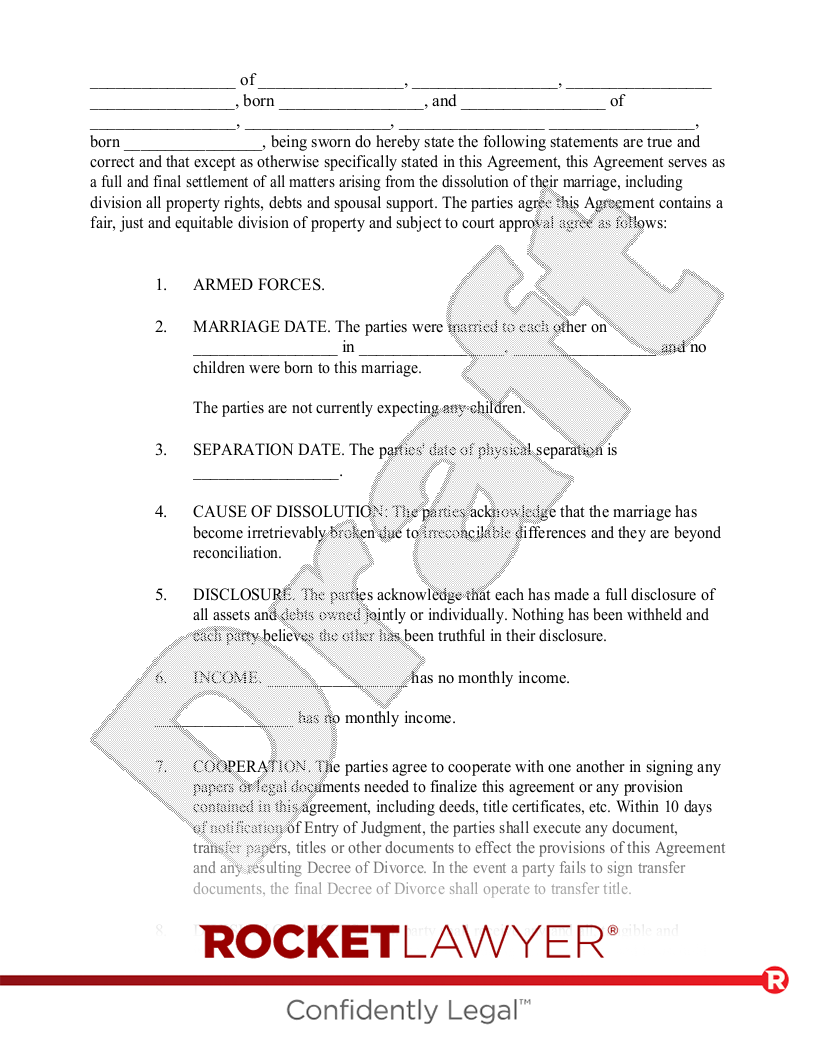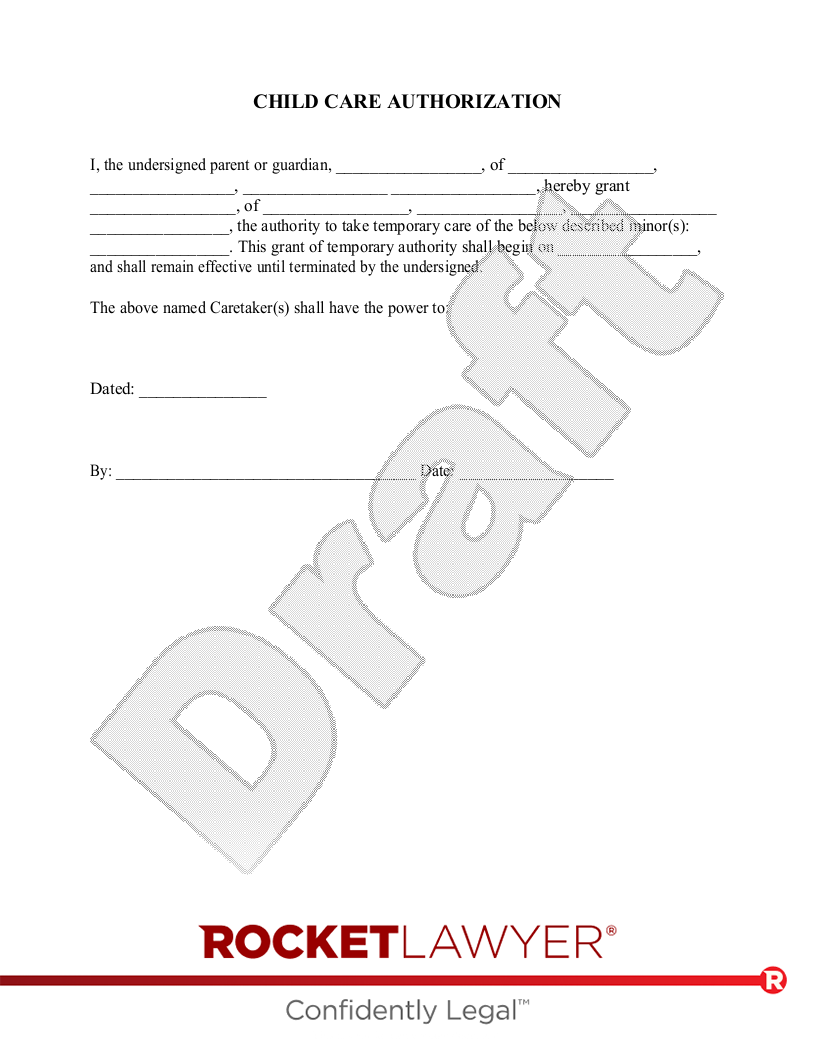Family and personal
Live Confidently® with Rocket Lawyer. Let us help with estate planning and other topics.
- Phyllis T.
- Rocket Lawyer member since 2013
Ask us anything legal.
Get instant Al insights with Rocket Copilot or talk to a Legal Pro.

Need a legal answer? Choose your path
Try Rocket Copilot (Beta) for instant answers!
Need more personalized guidance? Ask your questions, and our Legal Pros will respond within 1 business day.
Legal guides
-
- Getting Married Legal Checklist
- 4 min read
-
- How To Travel With Kids When You Don't Share a Last Name
- 2 min read
-
- Irrevocable Trusts: What Does Irrevocable Mean?
- 3 min read
-
- Estate Planning Is for Everyone
- 3 min read
-
- How To Replace Lost Paperwork and Documents
- 3 min read
-
- What Kind of Lawyer Do I Need?
- 2 min read
-
- Preparing Young Adults for the Legal Realities of Life
- 3 min read
-
- Legal Issues at Different Life Stages
- 4 min read
-
- How to Store Legal Documents and Personal Records
- 4 min read
-
- The Constitution of the United States of America
- 43 min read
-
- How to Get Free Legal Aid in Your State
- 4 min read
-
- Do I Need a General Practice Attorney?
- 3 min read
-
- What to Expect From an On Call Lawyer
- 4 min read
-
- What You Should Consider When Hiring a Lawyer
- 3 min read
-
- Is Sports Betting Legal in Your State?
- 4 min read
-
- 3 Estate Planning Essentials To Protect Your Family
- 1 min read
-
- When to Update Your Living Will
- 1 min read
-
- Your Rights If a Business Changes Its Terms of Service
- 3 min read



